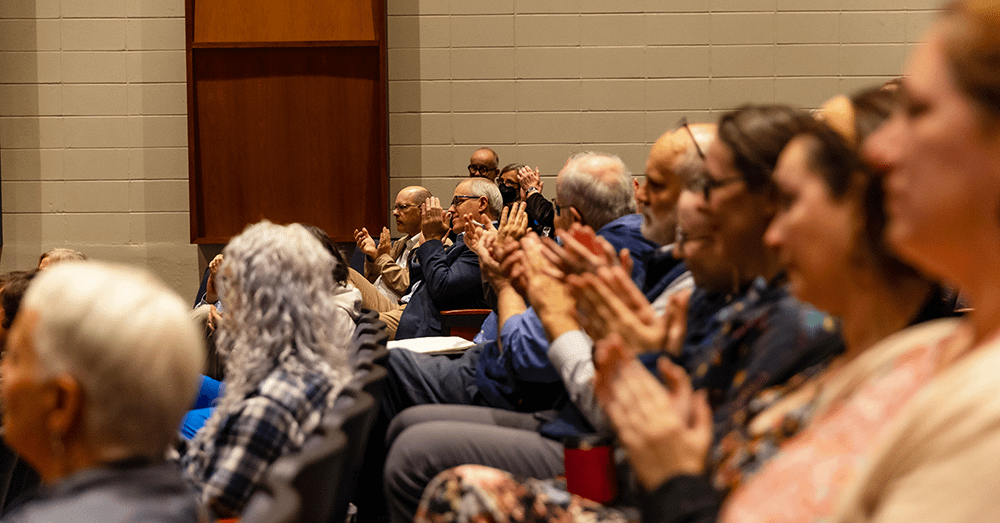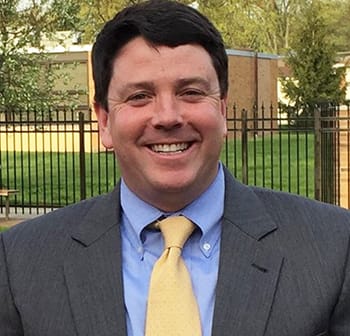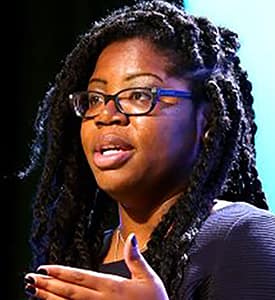Princeton physicist Bialek to share his view of life
William Bialek, a nationally renowned physicist who studies the extremes of physical phenomena and their connection with living systems, will speak at Saint Michael’s College on Tuesday, April 4 at 5:30 p.m. in the Roy Event Room of the Dion Family Student Activity Center. The visit is part of a program run by Phi Beta Kappa, the nation’s oldest and most prestigious undergraduate honor society.
This free lecture, open to the public, is designed for a general audience and is entitled “More perfect than we imagined: A physicist’s view of life.” Bialek will tour the beautiful natural phenomena that operate near the limits of what is allowed by the laws of physics, from microscopic events inside a developing embryo to human perception and decision-making.
“We are extremely excited to have a scientist of the caliber of William Bialek visiting our campus,” said Nathaniel G. Lew, past president of the Saint Michael’s Phi Beta Kappa chapter. “He is a superb and engaging speaker. His research into the fundamental science that makes life possible is both timely and eternally relevant, and we are expecting a large turnout for his talk.”
About twice per decade, the national organization Phi Beta Kappa Visiting Scholar Program sponsors a talk at Saint Michael’s. The program’s purpose is to bolster the intellectual life of colleges by sparking exchanges of ideas among Visiting Scholars, faculty, students, and the broader community.
The visitor this time is Bialek, who is the Wheeler/Battelle Professor in Physics at Princeton University. A theoretical physicist, Bialek is nationally known for work emphasizing the approach of biological systems to the fundamental physical limits on their performance. His research contributes to the understanding of coding and computation in the brain. During his visit, Bialek will meet informally with Saint Michael’s students and faculty members and participate in classroom discussions and seminars in physics, neuroscience, and developmental biology.





